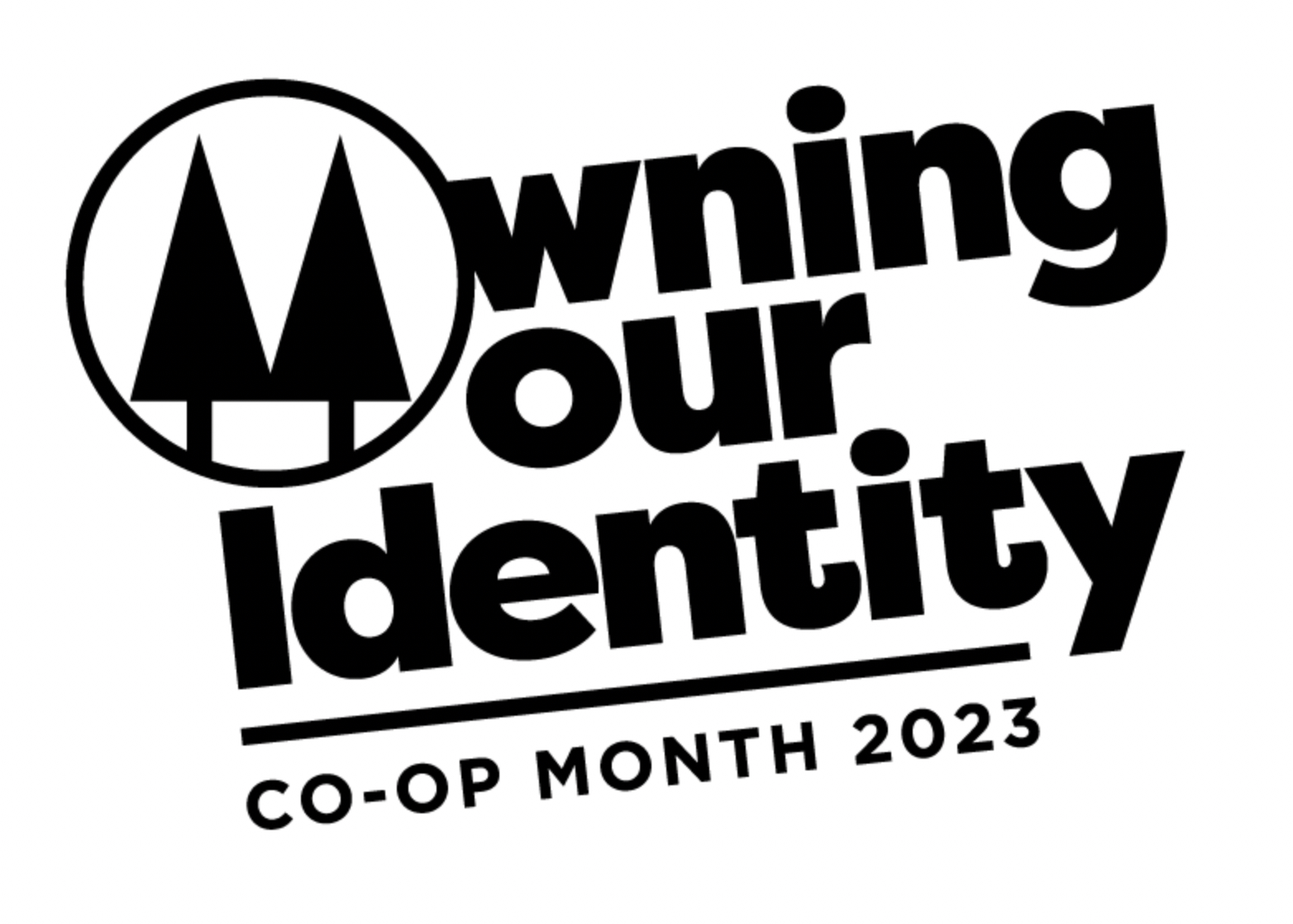Join in National Celebration of Co-op Month in October
This October New England Farmers Union is joining over 65,000 co-operatives and credit unions across the United States in celebrating Co-op Month, observed nationally since 1964. This year’s theme, “Owning Our Identity,” was chosen by the National Cooperative Business Association (NCBA CLUSA) as an opportunity to engage co-op members, customers, employees, and the general public about the co-operative difference.
“The International Cooperative Alliance approved the Statement on the Cooperative Identity in 1995,” said Erbin Crowell, executive director of the Neighboring Food Co-op Association (NFCA) and a member of the International Cooperative Alliance (ICA) Cooperative Identity Advisory Group. “And Co-op Month is a unique opportunity for co-ops to communicate the values that guide us and the principles that make them real in how we conduct business.”
The Statement defines a co-operative as “an autonomous association of persons united voluntarily to meet their common economic, social and cultural needs and aspirations through a jointly-owned and democratically-controlled enterprise.” This means that co-ops are governed by their members, the everyday people who use the business, as opposed to investors or shareholders. These members may be consumers, workers, producers, or independent business owners who govern the co-op on a democratic basis. This unique relationship is recognized in international law as well as by the U.S. Department of Agriculture (USDA), which affirms that co-ops are “user-owned businesses that are controlled by — and operate for the benefit of — their members, rather than outside investors.”
Next, the Statement notes that co-ops “are based on the values of self-help, self-responsibility, democracy, equality, equity, and solidarity.” These values set the co-operative movement apart from other business models in that their purpose is not simply to generate profit, but to enable people to work together to build a better future for everyone. Further, co-ops and their members “believe in the ethical values of honesty, openness, social responsibility and caring for others.” Co-ops and their members set a high standard for themselves and are working constantly to live up to their ideals.
Finally, the Co-operative Identity includes a list of principles, or “guidelines by which co-operatives put their values into practice.” These are the operational characteristics of co-operative enterprises – or what makes a co-op a co-op – and include Voluntary and Open Membership (all are welcome and no one is forced to join), Democratic Member Control (co-ops are controlled by the people who use the business for shared benefit), Member Economic Participation (members participate in the business and contribute capital to support growth and success), Autonomy and Independence (co-ops are controlled by their members, rather than outside organizations, governments, or investors), Education, Training, and Information (co-ops educate and empower their members, policymakers, and the public), Cooperation among Cooperatives (by working together, co-ops are more successful can have more impact), and Concern for Community (co-ops are member-focused — but also work for a more democratic, sustainable, and inclusive economy for everyone).
Across the Northeast, people have used food co-ops to improve access to healthy, local, affordable food, and build stronger, more inclusive communities. For example, a survey by the Neighboring Food Co-op Association (NFCA) found that grocery co-ops across New England and New York play a key role on supporting our regional economy, selling more than $112 million in local products annually — or an amazing 25% of total sales. Taken together, these co-ops are locally owned by 173,000 members and provide employment for over 2,465 people, more than 60% of whom are also members, sharing in the ownership of their local grocery store.
From farmer co-ops to worker co-ops, credit unions to mutual insurance, and housing co-ops to energy co-ops, co-operative businesses thrive across the U.S. economy, where 1 in three people are co-op members. Around the world, around 1 billion people are members of about 3 million co-operatives, and 10% of the world’s population, or around 280 million people, are employed by co-ops. And because they are member-owned, co-operatives are rooted in their communities and governed by the people who use them to meet their needs.
Stop in at your local food co-op during Co-op Month to learn more about what makes co-operatives different. And while you’re there, look for the “Go Co-op” signs on the shelves that identify co-op made products. You may be surprised by what you find, including dairy products from Cabot Creamery Co-op and Organic Valley, fresh produce from Deep Root Organic Co-op, fairly traded coffee, tea, and chocolate from Equal Exchange, beverages from Katalyst Kombucha and La Riojana wines, seeds and bulbs from FEDCO, naturally fermented vegetables from Real Pickles — and many others. For more information on Co-op Month, please visit https://nfca.coop/Co-opMonth

